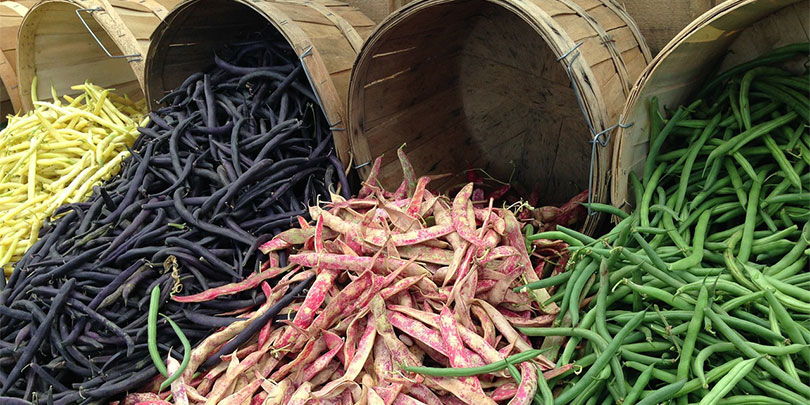 Invoking the legal equivalent of “you snooze, you lose,” the Sixth Circuit Court of Appeals found a farmer slept on its right to argue on appeal that an exclusion in its insurance policy was ambiguous. The decision, Arbre Farms Corp. v. Great American E&S Insurance Co., affirmed a district court ruling that the farmer was not entitled to coverage under its product recall policy based on a prior knowledge exclusion.
Invoking the legal equivalent of “you snooze, you lose,” the Sixth Circuit Court of Appeals found a farmer slept on its right to argue on appeal that an exclusion in its insurance policy was ambiguous. The decision, Arbre Farms Corp. v. Great American E&S Insurance Co., affirmed a district court ruling that the farmer was not entitled to coverage under its product recall policy based on a prior knowledge exclusion.
Arbre Farms grows and sells vegetables. In 2019, it learned that vegetables it sent to a customer included a lot of green beans that, two years earlier, had tested positive for listeria monocytogenes. Although the bad green beans had been quarantined from sale, Arbre Farms discovered they were inadvertently mixed in with other product, causing contamination. Millions of pounds of vegetables had to be destroyed.
Arbre Farms sought coverage for the loss under its product recall insurance policies. The primary policy, issued by Great American Insurance Co., covered accidental contamination events, but only if Arbre Farms first discovered the event during the policy period, which incepted in October 2018. An exclusion barred coverage for an insured event, or any circumstance that could give rise to an insured event, that the insured had discovered before the policy period. Great American denied coverage for the vegetable loss on the grounds that Arbre Farms did not “first discover” an insured event during the policy period, and even if it did, it learned in 2017 of circumstances that could give rise to an insured event, thus implicating the exclusion.
Disagreeing with the denial, Arbre Farms sued Great American in the U.S. District Court for the Western District of Michigan. Great American moved to dismiss the complaint, relying heavily on extrinsic evidence to show the prior knowledge exclusion barred coverage because Arbre Farms knew of the listeria-positive green beans in 2017. In opposition, Arbre Farms focused almost exclusively on the procedural question of whether the district court may consider the extrinsic evidence attached to Great American’s motion, at least without converting it to one for summary judgment. Arbre Farms neither challenged Great American’s interpretation of the exclusion nor substantively addressed whether it applied. The district court ultimately granted the motion to dismiss, declining to decide the procedural question and finding the exclusion applied on its face. The district court concluded, on its own, that the exclusion, though broad, was not ambiguous and that it “clearly” applied here.
Arbre Farms appealed and devoted most of its argument to interpretation of the exclusion, which it claimed was ambiguous. But the effort was quickly rebuffed. Great American argued Arbre Farms forfeited and/or waived the right to challenge the scope and meaning of the exclusion. The Sixth Circuit agreed that raising an argument for the first time on appeal is a generally disfavored practice. But the court found “forfeiture” – failure to timely assert a right – was more appropriate here than “waiver” – intentional relinquishment or abandonment of a known right. Arbre Farms acknowledged general principles of contract interpretation in opposing the motion to dismiss, but it failed to respond to, much less dispute, Great American’s reading of the prior knowledge exclusion. That failure was deemed a forfeiture of the ambiguity argument first raised on appeal. The court disagreed that Arbre Farms preserved an argument concerning the text of the exclusion itself by objecting to the district court’s potential consideration of evidence attached to Great American’s motion.
Arbre Farms had one final argument: that the district court should not have considered material outside the complaint on a motion to dismiss. The Sixth Circuit at first appeared to agree. It noted that while the district court claimed it had no need to consider extrinsic evidence to apply the prior knowledge exclusion, it went on to find the exclusion applied because Arbre Farms knew of the original listeria contamination in September 2017, a date not mentioned in the complaint. Notwithstanding, the Sixth Circuit found Arbre Farms had ample opportunity to present its own extrinsic evidence in response, and in fact did so, which, ironically, solidified that the prior knowledge exclusion applied. The court thus concluded that the exclusion applied and that the district court did not commit reversible error in applying it.
